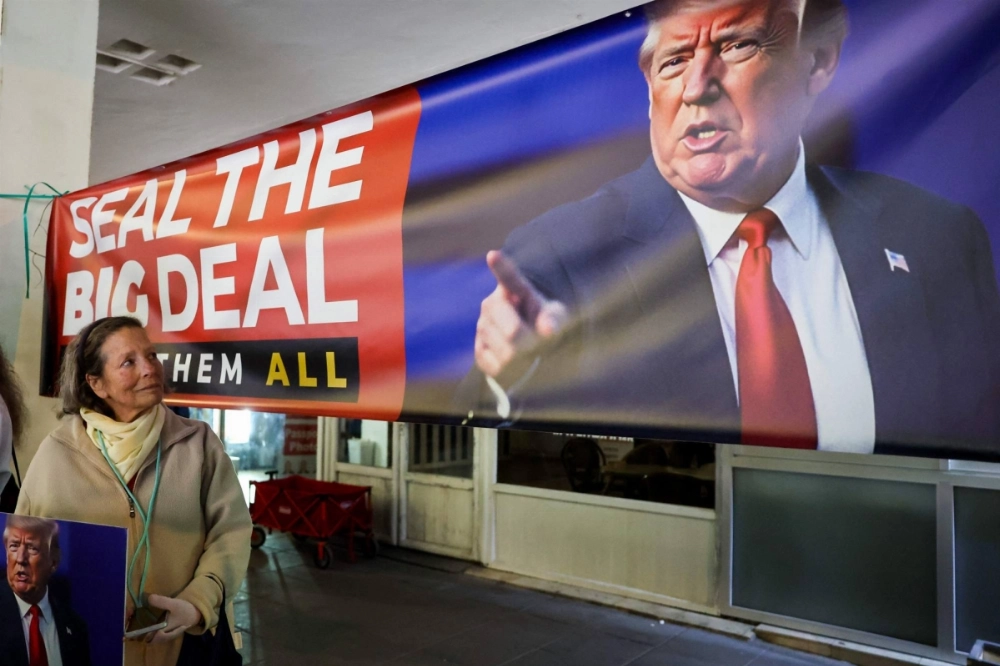It’s tempting to dismiss Donald Trump’s bid to take over Gaza as just another wild proposal, designed more to change the conversation and wrong-foot negotiating partners than as policy.
Call it talking crazy to force incremental wins. But watching his extraordinary news conference with Israeli Prime Minister Benjamin Netanyahu on Tuesday, I think we need to be open to the idea that he could be serious.
Trump was reading from prepared remarks when he said the U.S. "will” take over the Gaza strip. His logic and language were those of any unscrupulous real estate developer, including his approach to the territory’s current, Palestinian, residents. "You don’t think you want to leave your homes,” the schtick would go, "but believe me you’ll be better off in these great new apartments we’ll make for you someplace else.”


















With your current subscription plan you can comment on stories. However, before writing your first comment, please create a display name in the Profile section of your subscriber account page.